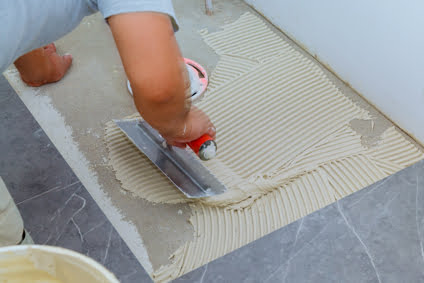Demystify Strata Series #1
In this series, we will cover key topics such as managing insurance claim funds, the responsibilities of a strata manager regarding trust accounts, who is responsible for investigating cracks in your townhouse, and how to address noise issues caused by your neighbour’s floorboards.
As the CEO of Premium Strata, I often receive questions during General Meetings, in publications, and through direct messages that seem straightforward but are made more complex by evolving regulations and the multi-faceted responsibilities in strata schemes. To provide clarity, I’m launching a blog series to demystify strata management and tackle these practical questions head-on. Stay informed and empowered with our Demystify Strata Series.
Please note, the following posts address specific scenarios and may not apply to your scheme. Feel free to reach out to us if you have any further questions.








